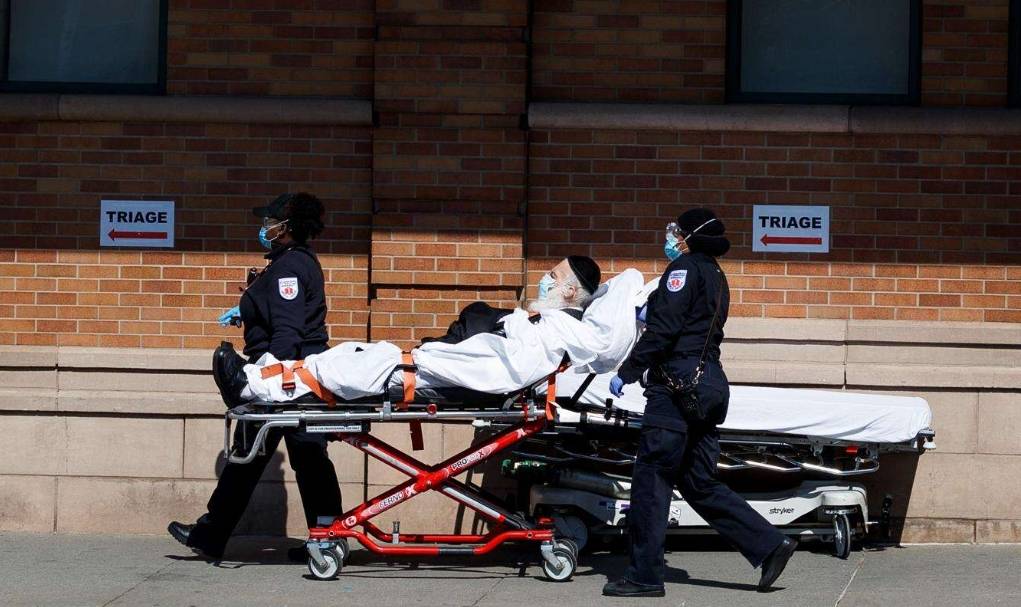
A study published in The Lancet highlights that the Covid-19 pandemic in the United States had a more severe impact on vulnerable communities due to various inequalities, such as economic, educational, racial, and political.
A study published in The Lancet by the Institute for Health Metrics and Evaluation (IHME) analyzed data from each state and territory in the United States to investigate the impact of Covid-19 on disadvantaged groups. The study found that the virus exacerbated existing inequalities related to factors such as race, health disparities, economic status, and political affiliation.
According to the study conducted by the Institute for Health Metrics and Evaluation (IHME), the Covid-19 pandemic had a “disproportionate” impact on certain groups, such as Black communities and states that voted “strongly” for the Republican Party in the 2020 presidential election. The research analyzed data from each state and territory in the United States and found that the virus “exploited and exacerbated” inequalities related to factors such as race, health disparities, and political affiliation.
IHME’s analysis reveals that between January 2020 and July 2022, Arizona, Washington D.C., and New Mexico had the highest death rates, which were four times higher than those recorded in Hawaii, New Hampshire, and Maine.
The study also highlights that the states that implemented stricter vaccination requirements and enforced the use of masks had lower rates of infection and higher rates of employment, without suffering worse economic consequences than jurisdictions with more relaxed policies.
Emma Castro, co-author of the study, explains in a statement that “even after accounting for age and underlying diseases,” the researchers observed a nearly four-fold difference in Covid-19 death rates between states, indicating that the United States as a whole could have performed much better.
According to Emma Castro, co-author of the study, the states with lower levels of education, less access to quality medical care, and lower levels of interpersonal trust had a disproportionate number of deaths and infections. These states also had higher levels of poverty.
The study found that these factors were prevalent in states with the highest impact of the coronavirus, particularly in those with larger black populations and higher numbers of citizens who voted for the Republican Party in the 2020 elections, such as Texas, Mississippi, Georgia, and Alabama.
Thomas J. Bollyky, one of the authors of the paper, explains that the combination of racial and political disparities played a significant role in explaining why the United States struggled during the pandemic.







